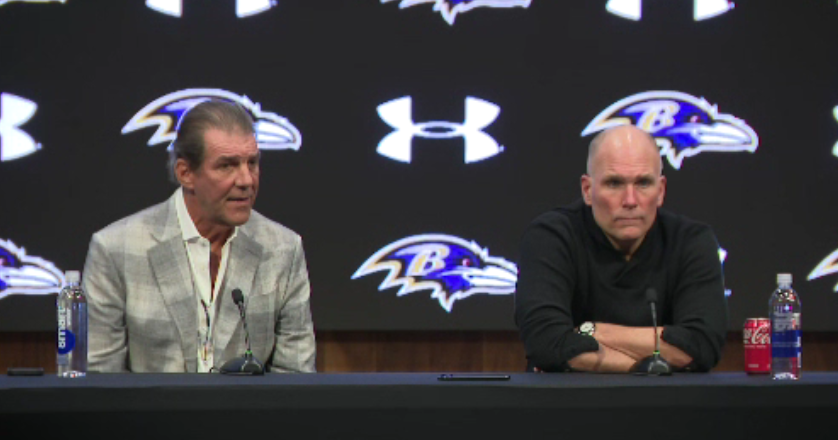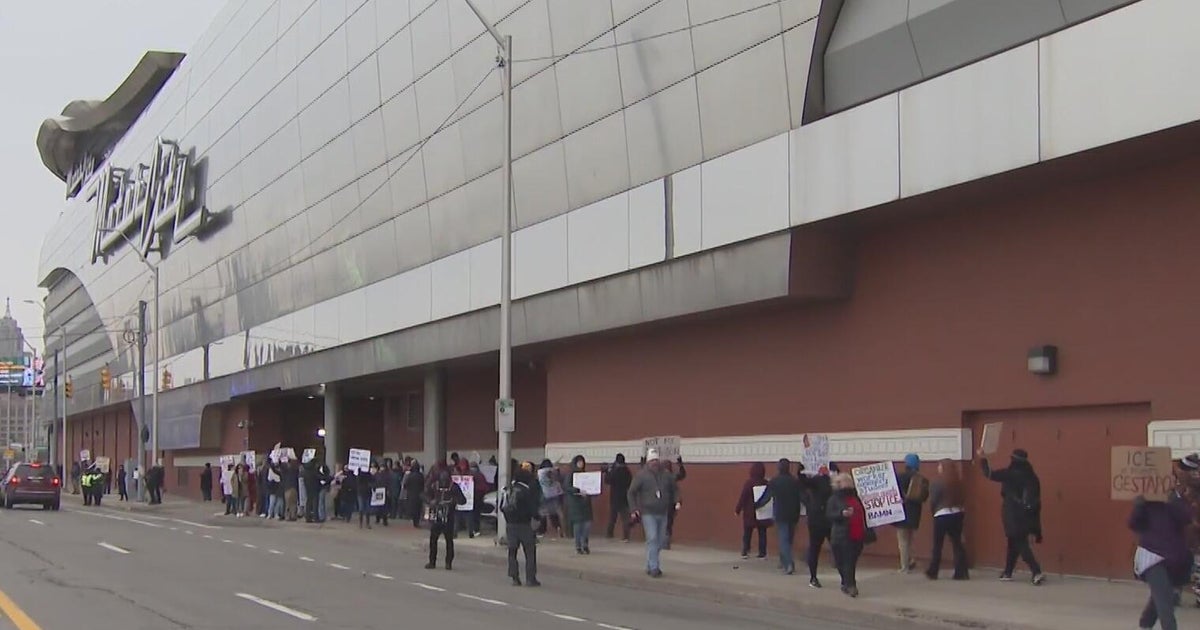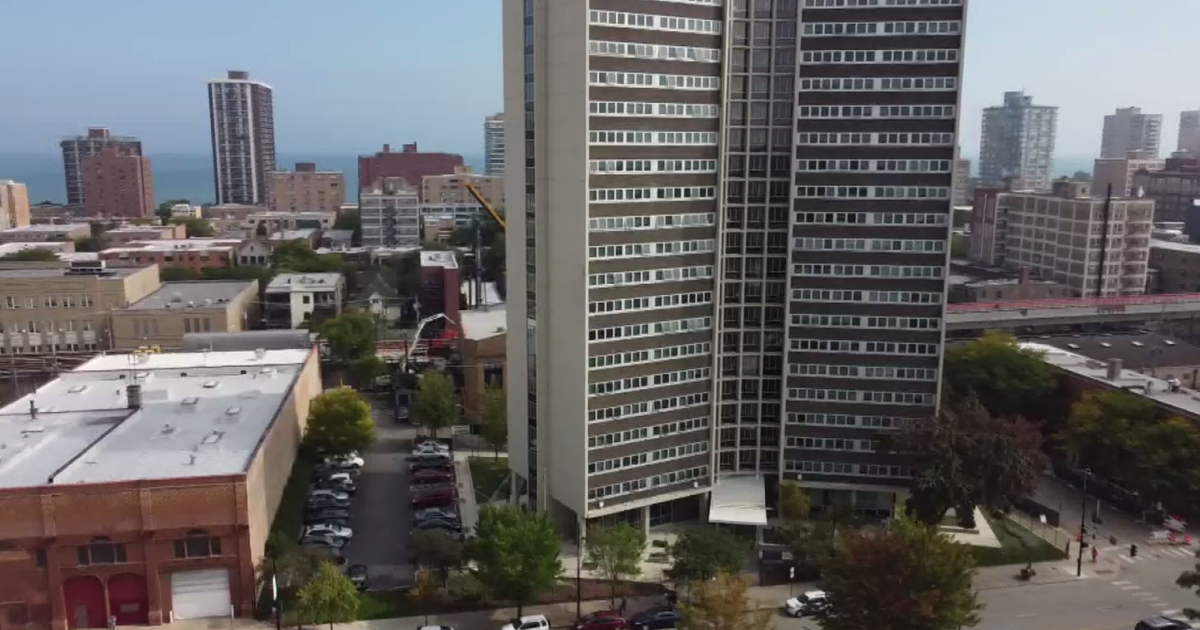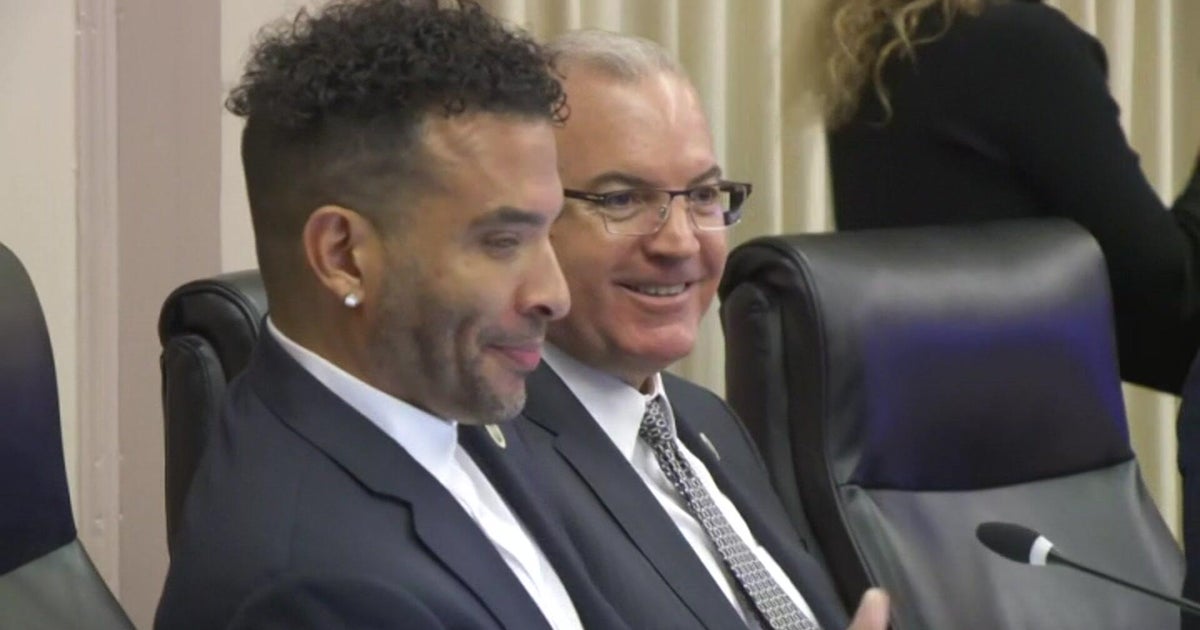Monday's Election Could Tilt Casino Debate In Foxboro
FOXBORO (AP) — What would ordinarily be a routine municipal election may essentially be the first opportunity for local voters to weigh in on a proposed casino since passage of the state's new gambling law.
Of the four candidates running for two seats on the Foxboro Board of Selectmen, two support opening negotiations with Las Vegas casino operator Steve Wynn over his plan to build a $1 billion resort on land leased from New England Patriots owner Robert Kraft. The other two candidates oppose any further discussion of a casino.
Listen: WBZ NewsRadio 1030's Lana Jones spoke with all four candidates.
With anti-casino forces currently holding a 3-2 majority on the five-member board, simple math dictates the importance of Monday's election. The results could maintain the status quo, strengthen the hand of casino opponents, or establish a new majority on the board that is prepared to begin talks with Wynn.
The situation points to a not-so-subtle shift in the balance of power as the casino debate moves from the Statehouse to city and town halls.
The law passed last fall requires a developer seeking to build a casino in a city or town to first negotiate a host community agreement that could specify money the company would provide for road improvements, extra police or a range of other services that a community might need to deal with the effects of a casino. If an agreement is reached with city of town officials, residents would then vote on whether to accept it.
But without negotiations, there can be no agreement and without an agreement, no local vote. Without either, a developer cannot apply to the state Gaming Commission for a casino license.
The power vested in local government is no accident, gaming experts say.
"That was the intent of the (law), primarily because there was so much concern about a casino being forced on a community without its consent," said Clyde Barrow, director of the Center for Policy Analysis at the University of Massachusetts-Dartmouth.
Lawmakers crafting the bill also sought to ensure that smaller communities were not left unprepared for the arrival of large-scale casinos, Barrow said, citing examples in Connecticut and other states where Indian casinos opened in towns that struggled — initially at least — to cope with traffic, crime or other impacts.
So while Gov. Deval Patrick and powerful lawmakers won passage of the law, and the five-member Gaming Commission will ultimately have the final say on casino licenses, in between them it's mayors, selectmen and other municipal officials who hold many of the cards in this high-stakes game.
Opposition from Holyoke's recently elected mayor, Alex Morse, has prompted Hard Rock International to rethink its plan to bring a resort casino to the western Massachusetts city. Conversely, support from mayors in Boston, Springfield and Taunton has emboldened developers to pursue proposals in those cities.
Mohegan Sun has also received backing from town officials in its bid to build a resort casino in the central Massachusetts town of Palmer.
The Rev. Richard McGowan, an economics professor at Boston College who has written extensively on the finances of gambling, said even if a host community agreement eventually gets done, the mere impression that many local officials or residents have qualms about the project could sway the gaming panel.
"If there's a lot of opposition about it, it's going to make the commission very leery about issuing a license there," said McGowan, who is advising Boston officials on casino-related issues.
The four Foxboro selectmen candidates, incumbents Larry Harrington and Lorraine Brue, school committee member Martha Slattery and former state Rep. Ginny Coppola, all stress there are many local issues that should decide Monday's vote. But it was the casino question that dominated a recent candidates' night hosted by the Foxboro Jaycees and aired on the town's cable access channel.
Harrington, who backs talks with Wynn, said negotiating a host community agreement would allow Foxboro's 11,000 registered voters to settle the matter once and for all, adding that the town was being torn apart by divisiveness over the issue.
Slattery also wants selectmen to hear Wynn's casino proposal, though she noted that she has not yet endorsed the specific plan.
Brue, who voted with the board's majority in December against entering into negotiations, reiterated her stance that a casino would destroy the town's character. Coppolla also said she would oppose talks if elected to the board.
Wynn Resorts has stayed clear of endorsing specific candidates but has distributed flyers and stepped up advertisements in local newspapers, radio stations and cable all imploring selectmen to negotiate.
Michael Weaver, a company spokesman, said the ads were not intended to influence the election.
"Our goal is to communicate, via a series of letters and advertising, the benefits of the resort development project. That effort began months ago and will continue past the Board of Selectman's race," Weaver said in an email.
The Sun Chronicle of Attleboro reported that some residents had received calls from a pollster asking their preferences in the upcoming election, but who paid for the poll was a mystery as the candidates, companies and pro- and anti-casino groups in town all denied involvement.
Casino supporters say the town stands to gain $10 million to $15 million in new annual revenue and thousands of jobs if the resort is built.
While local elected officials can stall a casino by refusing to negotiate with a developer, Barrow said the election in Foxborough is a reminder that voters can still hold sway.
"If the broader community generally supports a casino and their elected officials don't, they have the opportunity to remove them from office," he said.
Copyright 2012 The Associated Press.







